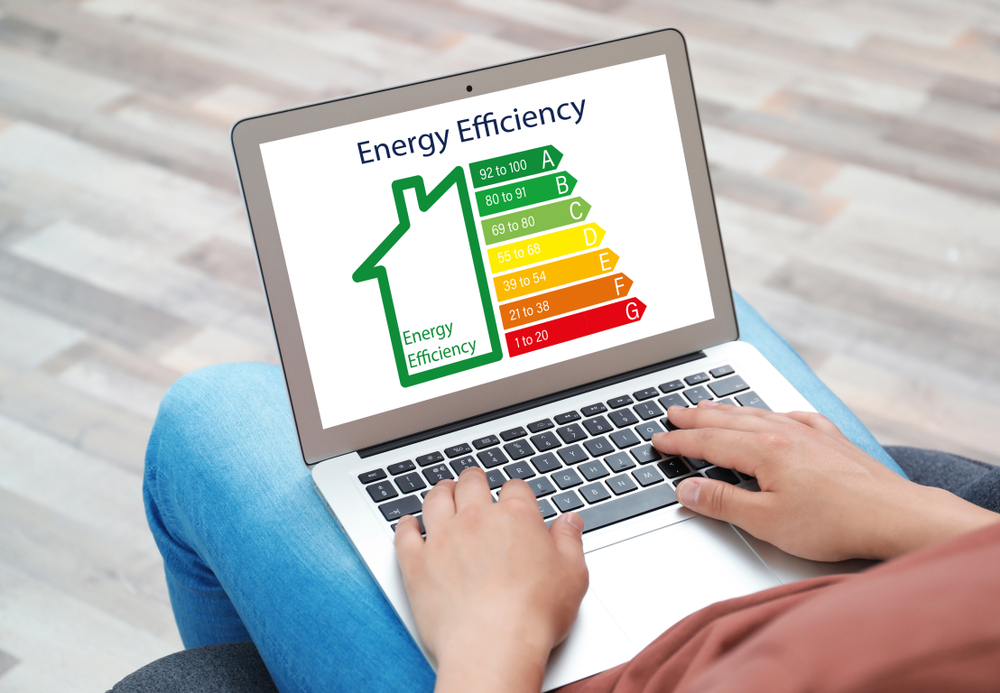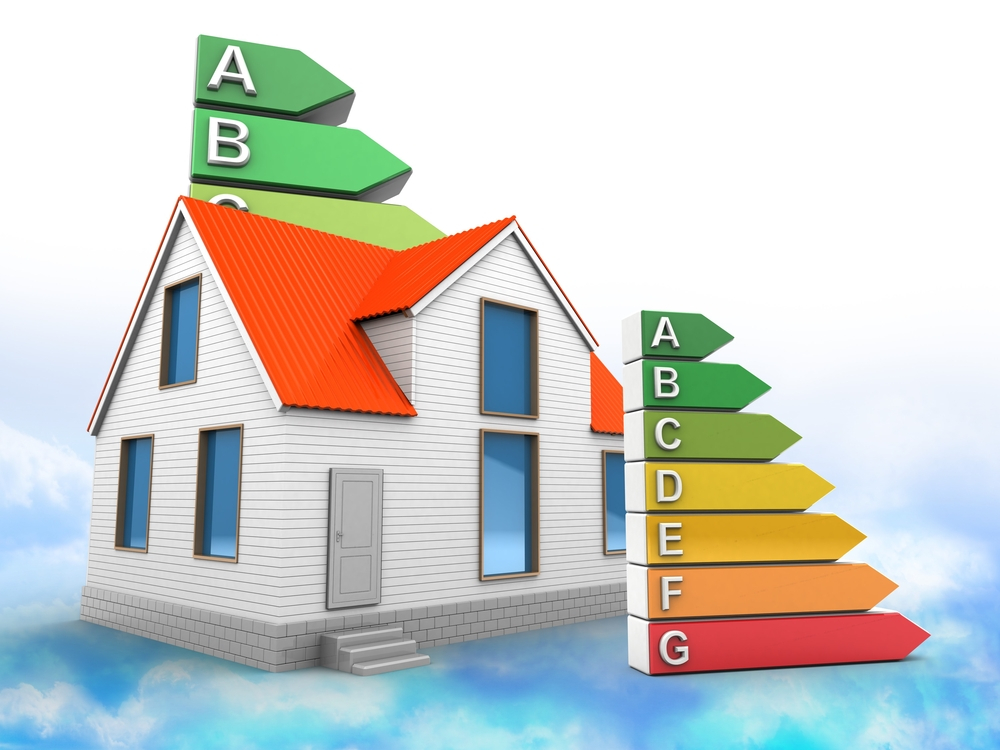energy performance certificates
Residential EPCs:
Since 2008 An energy performance certificate is legally required for all domestic and properties to be sold or let in the UK at the point of marketing.
The agent, landlord, or private vendor is responsible for ensuring that the survey is carried out. There are fines for non-compliance.
DOWNLOAD AND EXAMPLE OF A DOMESTIC EPC


purpose
Energy performance certificates are a legal requirement and non compliance can result in a fine.It is very important to ensure you have an updated EPCs as non compliance will mean you cannot enforce a section 21 notice when trying to evict tenants.
The EPC will grade the property from A-G, depending on how energy efficient it is.
The most efficient property with the lowest fuel bills with have an ‘A’ band.
The most efficient home will have the least carbon dioxide (CO2) emissions.
All energy performance certificates include recommendations for improvements, and are valid for 10 years unless any thermal elements have changed like the double glazing or boiler, or there are structural changes.
It contains information on your homes energy use and carbon emissions and suggests recommendations which can result in saving you money.
Coverage – we work with assessors throughout london to offer a larger coverage although out main focus is North London / North West London / East London and EN post codes.
Please visit for more information.
Click Here

MEES Minimum Energy efficiency standards:
Current MEES.
From the 1st April 2018 all private rented properties must achieve an energy efficiency rating of at least an E on their EPC, to meet the minimum standards. This will initially only apply upon the granting of a new tenancy to a new or existing tenant.
Landlords will need to take action to avoid any non-compliance penalties (estimated at £5000) and protect the value of their assets. If a property does not meet the minimum standards, it will be deemed unlawful for landlords to let or market their property.
From 1 April 2023 MEES will prevent landlords from continuing to let properties with an F or G EPC rating where a current EPC exists. MEES do not apply to leases of less than 6 months or greater than 99 years.
Proposed changes 2025
However, beginning 2025, all newly rented properties will be required to have a certification rating of C or above. Existing tenancies will have until 2028 to comply. These changes will ensure energy-efficient homes and assist in meeting the government’s net-carbon zero targets.
Exemptions:
The prohibition on letting property below an EPC rating of E does not apply if the cost of making even the cheapest recommended improvement would exceed £3,500 (inc. VAT). The cost of improvements will change once the minimum rating of an E is raised to a proposed C.
Applies only to domestic property.

- Cost-effective improvements:
all cost-effective energy efficiency improvements have been carried out (or there are none that can be made) and the property remains sub-standard. For this purpose, cost-effective means that improvements pay for themselves within seven years, based on a formula in the MEES regulations. This exemption applies only to commercial properties.
- Devaluation:
an independent surveyor states that making energy efficiency improvements would reduce a property's value by more than 5%.
- Consent is not available:
the tenant itself, or a third party, refuses to consent to the energy efficiency improvements.

Commercial EPCs
Nationally listed or officially protected and the minimum energy performance requirements would unacceptably alter it.
A temporary building only going to be used for 2 years or less.
Used as a place of worship or for other religious activities.
An industrial site, workshop or non-residential agricultural building that doesn’t use much energy.
A detached building with a total floor space under 50 square metres.
Due to be demolished by the seller or landlord and they have all the relevant planning and conservation consent.
Since 2008 it is a legal requirement to have a non domestic EPC on all business premises if they are to be rented all sold. They are required at the point of marketing the property. Most lenders will often ask for an updated to EPC when loans are taken out against a property.
Non compliance can result If you do not make an EPC available to a prospective buyer or tenant when selling or letting non-dwellings, the penalty is fixed, in most cases, at 12.5 per cent of the rateable value of the building.
Exemptions- you do not need a commercial epc if:
Please visit for more information.

13+ years
experience
10,000+
SUCCESFUL EPCS

£100,000+
saved for our landlords

2,000 mv
solar power






